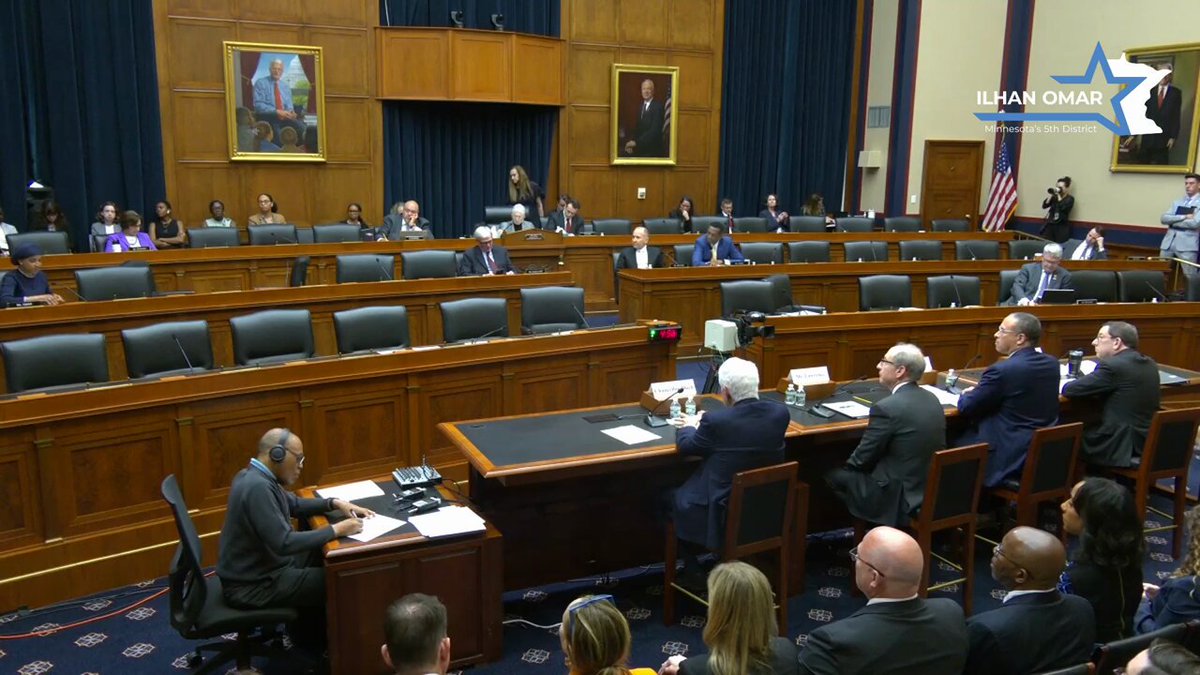The statement refers to a public figure, Rep. Omar, questioning a university chancellor about his response to a pro-Palestinian student encampment on campus. This involves a substantive engagement with a public issue, specifically related to free speech, student activism, and administrative responses to political demonstrations. Therefore, it constitutes public discourse.
- The statement itself does not contain harmful language or actions. It simply reports on a questioning session, which is a standard part of public discourse. [+1]Principle 1:I will strive to do no harm with my words and actions.
- The statement respects the privacy and dignity of the individuals involved by not engaging in cyberbullying, harassment, or hate speech. It mentions public figures in their professional capacities. [+1]Principle 2:I will respect the privacy and dignity of others and will not engage in cyberbullying, harassment, or hate speech.
- The statement has the potential to promote understanding, empathy, and compassion by bringing attention to a specific issue and encouraging public dialogue. [+1]Principle 3:I will use my words and actions to promote understanding, empathy, and compassion.
- The statement does not engage in personal attacks or ad hominem arguments. It focuses on the actions and responses of the individuals in their professional roles. [+1]Principle 4:I will engage in constructive criticism and dialogue with those in disagreement and will not engage in personal attacks or ad hominem arguments.
- The statement upholds the principles of free speech by reporting on a public questioning session, which is a fundamental aspect of democratic engagement. [+1]Principle 7:I will uphold the principles of free speech and use my platform responsibly and with integrity.
